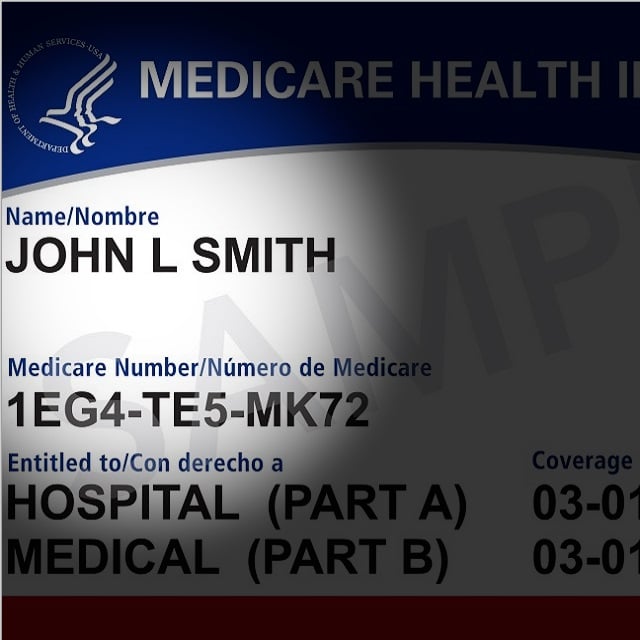5 Facts About the Senate Finance Long-Term Care Hearing
2. Toomey said he thinks using a tax credit to spur sales of private LTCI to younger, healthier people could help ease LTCI issuers' price stability problems.
If issuers could sell LTCI coverage to a large number of younger, healthier people, that could greatly improve the quality of the risk pool, and let insurers spread fixed costs over a larger number of people, he said.
3. Marc Cohen was one of the witnesses.
Cohen, a gerontologist who has been involved in the LTCI market for many years, was one of the hearing witnesses. He said a new federal tax break for LTCI coverage could help increase sales, and reduce LTCI prices, by cutting the net cost of coverage, and also by signaling to younger, healthier people that long-term care risk is something they should think about.
4. Cohen talked about ways to reduce LTCI selling costs.
Cohen suggested that it might be possible to increase LTCI coverage costs, and increase sales, by building it into products that people do buy, such as Medicare Advantage plans, or by selling LTCI policies through the Affordable Care Act (ACA) public exchange system.
5. A Democratic senator asked about the relationship between long-term care and the Affordable Care Act.
Family members' willingness to provide informal care helps reduce the financial impact of long-term care needs on the Medicaid nursing home benefits program. Sen. Bob Casey, R-Pa., asked Dr. Jason Karlawish, a neurologist who appeared as a witness, about the relationship between the ACA and dementia care. Karlawish said one relationship has to do with the impact of caregiving. Many family caregivers give up their jobs to provide care, Karlawish said. The ACA system gives those caregivers a way to buy health insurance and maintain their own health, Karlawish said. Karlawish also talked at the hearing about the need to do more to increase the number of people who can provide the kinds of medical services that people with dementia need. There's now a shortage of neurologists, many refuse to take new Medicaid patients, and many would prefer to focus on more profitable specialities, such as caring for people with epilepsy, he said. The number of geriatricians, geriatric psychiatrists, and primary care physicians who know how to help people with dementia is also too low, he said.
Resources
Links to resources related to the hearing, including a video recording of the hearing, are available here. A link to the Toomey draft bill is available here. — Read Can We Tolerate Millions of Elderly People Living in Cars?, on ThinkAdvisor. — Connect with ThinkAdvisor Life/Health on Facebook, LinkedIn and Twitter.
© 2025 ALM Global, LLC, All Rights Reserved. Request academic re-use from www.copyright.com. All other uses, submit a request to [email protected]. For more information visit Asset & Logo Licensing.
Featured Resources
View All
Sponsored by Illinois Mutual Life Insurance Company
4 Reasons To Sell Simplified Issue Disability Income Insurance (SIDI)

Sponsored by Illinois Mutual Life Insurance Company
Simplified Issue Disability Income Insurance (SIDI): A Smarter Way to Sell and Protect








